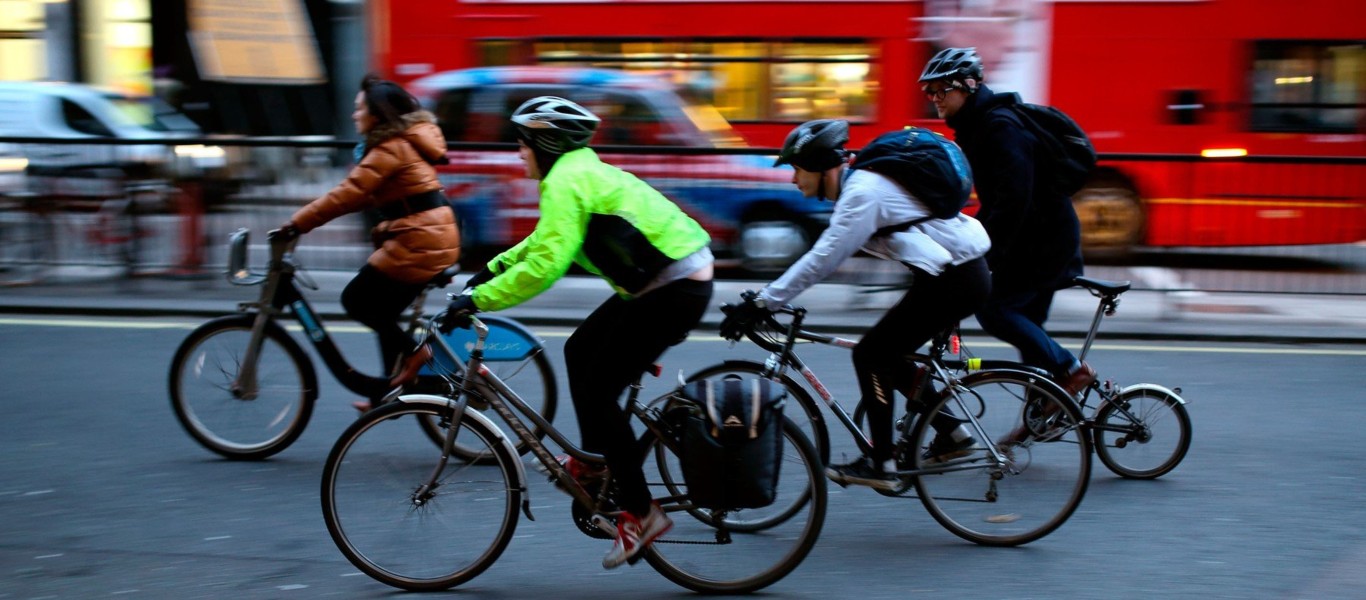They carried out research called ‘Workplace Cycling Cultures, Modal Shift and Bicycle Design: Implications for Individual and Organisational Practices’ and came up with pretty interesting findings. The study showed that the transportation choice or, in our case, the choice of riding a bicycle, is linked to a notion of a group membership.
The researchers interviewed employees of five different companies in Cambridgeshire; all differing significantly in their sizes, organisational cultures, and structures. The sectors included technology and management, high-tech engineers, hardware and software engineering, and sales. The questions encompassed people’s motivations, experiences, and thoughts about cycling and commuting to work on a bicycle.

Cycling to work might seem like a decision solely derived from individual preferences. Choosing a bicycle for commuting to work is also influenced by external factors and practicalities such as the cycling infrastructure or distance. But the study shows that other crucial externalities shape our relation to cycling and we may not even be aware of them. As it turns out, the company we work for and its organisational structure and culture, considerably affect our choice of transportation means.
According to the study, each employee holds several “workplace identities” derived from e. g. the department they work for, the level of their seniority, or the overall integration of the individual within the organisation. Then there are other important factors influencing our cycling choices such as the required dress-code, level of formality of the company culture or the facilities provided for cyclists.
But what is important to note is the overall cycling culture of the company. That means a culture within which cycling is already integrated. That doesn’t mean your boss has to come and praise everyone for cycling to work. But the fact that people are commuting on two wheels feels absolutely natural.

The study concludes that deciding to cycle to work is not solely a matter of our individual choice. On a certain level, we need our everyday working environment to motivate us to hop on two wheels. Cycling should be something familiar, inherent to the working culture. If we simplify this finding: if your boss, as well as your colleagues, cycles to work regularly and if cycling becomes something common and widely accepted, then you are more likely to adopt it yourself.
The interviews with individuals have shown that the modal choice (the mode of transport they use) is very complex. Individual experiences have their important role in the modal choice and factors such as safety, cost savings or convenience do appear. But these individual preferences are strongly enmeshed within work- and domestic-based assumptions and priorities.
One specific outcome of the study is worth mentioning. Most of the interviewees worked as engineers and many of them stated they saw the engineering profession as inherently cycling friendly. Now, we can’t help but wonder: does it mean most of our readers are engineers?




